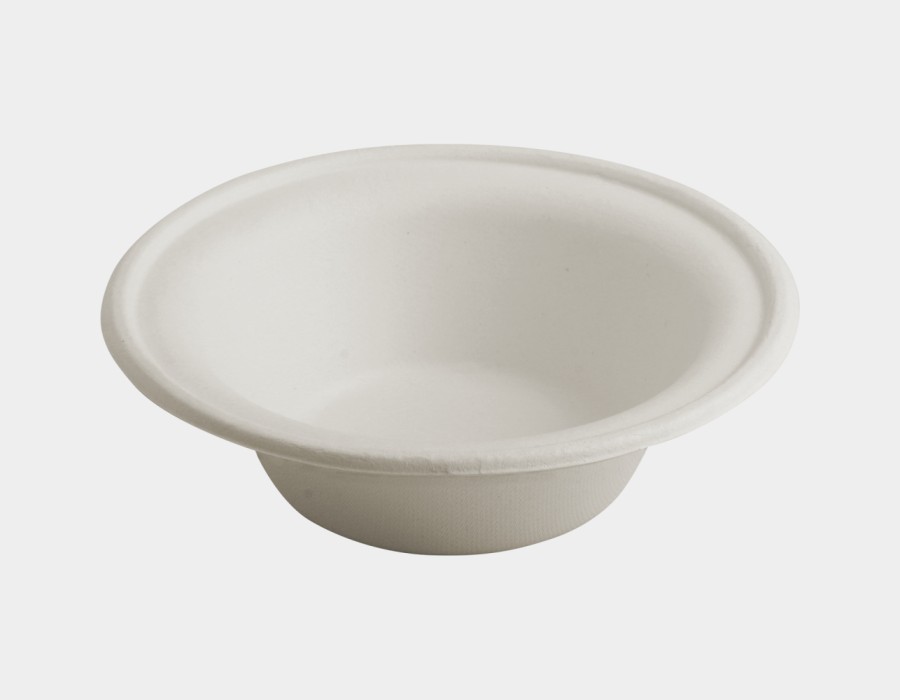Introduction
As sustainability becomes a priority for both consumers and businesses, hotels across the United States are turning to eco-friendly solutions for their outdoor dining events. One such solution is the use of compostable bowls, which play a pivotal role in reducing waste and enhancing the environmental responsibility of these gatherings. In a world where guests increasingly value green practices, compostable tableware offers a practical and impactful choice for hotels aiming to create memorable outdoor dining experiences.
Reducing Single-Use Plastic Waste at Outdoor Events
Outdoor dining events, such as poolside parties, garden brunches, and rooftop buffets, often involve the use of disposable tableware for convenience. Traditionally, these events have relied on plastic or foam bowls, contributing to large amounts of non-biodegradable waste. However, by switching to compostable bowls, hotels can significantly reduce their reliance on single-use plastics.
Compostable bowls made from materials like bagasse, a byproduct of sugarcane, or PLA, a plant-based plastic alternative, decompose naturally, unlike their plastic counterparts. This helps reduce landfill waste and supports a circular economy by allowing organic matter to return to the environment in a sustainable way. For eco-conscious hotels, this transition aligns perfectly with their commitment to environmental stewardship.
Enhancing Guest Experience Through Eco-Friendly Dining
Today's guests, especially eco-conscious travelers, are more aware of their environmental impact than ever before. They seek out hotels that prioritize sustainability, and using compostable bowls at outdoor dining events can significantly enhance their dining experience. Knowing that the tableware they’re using is biodegradable offers guests a sense of participation in the hotel's green initiatives.
By incorporating compostable tableware into their outdoor dining events, hotels can provide an enjoyable and environmentally responsible experience. This not only improves guest satisfaction but also boosts the hotel's reputation as a forward-thinking, sustainable establishment.
Compostable Bowls and Zero-Waste Goals
Many hotels have adopted ambitious zero-waste goals as part of their broader sustainability programs. Compostable tableware, such as bowls, plays a crucial role in helping them achieve these targets. When paired with proper composting facilities or services, these bowls can be composted along with food scraps, drastically minimizing the overall waste from outdoor events.
By reducing waste to nearly zero, hotels can create a closed-loop system where waste from outdoor dining events is repurposed as compost. This not only supports the hotel's sustainability goals but also reduces the environmental footprint of each event.
Practical and Aesthetic Benefits for Outdoor Dining
Compostable bowls offer more than just environmental advantages—they are also practical and versatile for outdoor dining. These bowls are available in a variety of sizes and styles, making them suitable for a wide range of dishes, from soups and salads to desserts. Their sturdiness and durability ensure that they can handle both hot and cold dishes, making them ideal for diverse menu offerings at outdoor events.
Additionally, compostable bowls are often designed to have a clean, modern aesthetic that aligns with the overall experience of outdoor dining. Their natural look and feel resonate with the organic and eco-friendly atmosphere that many hotels aim to create at such events.
Conclusion: A Sustainable Future for Outdoor Dining
The integration of compostable bowls in outdoor dining events marks a significant step toward sustainability for US hotels. Not only do these bowls reduce plastic waste and support zero-waste initiatives, but they also enhance the guest experience by aligning with the eco-conscious values of modern consumers. By embracing compostable tableware, hotels can create memorable, eco-friendly outdoor dining experiences that appeal to guests while making a positive impact on the planet.





Comments